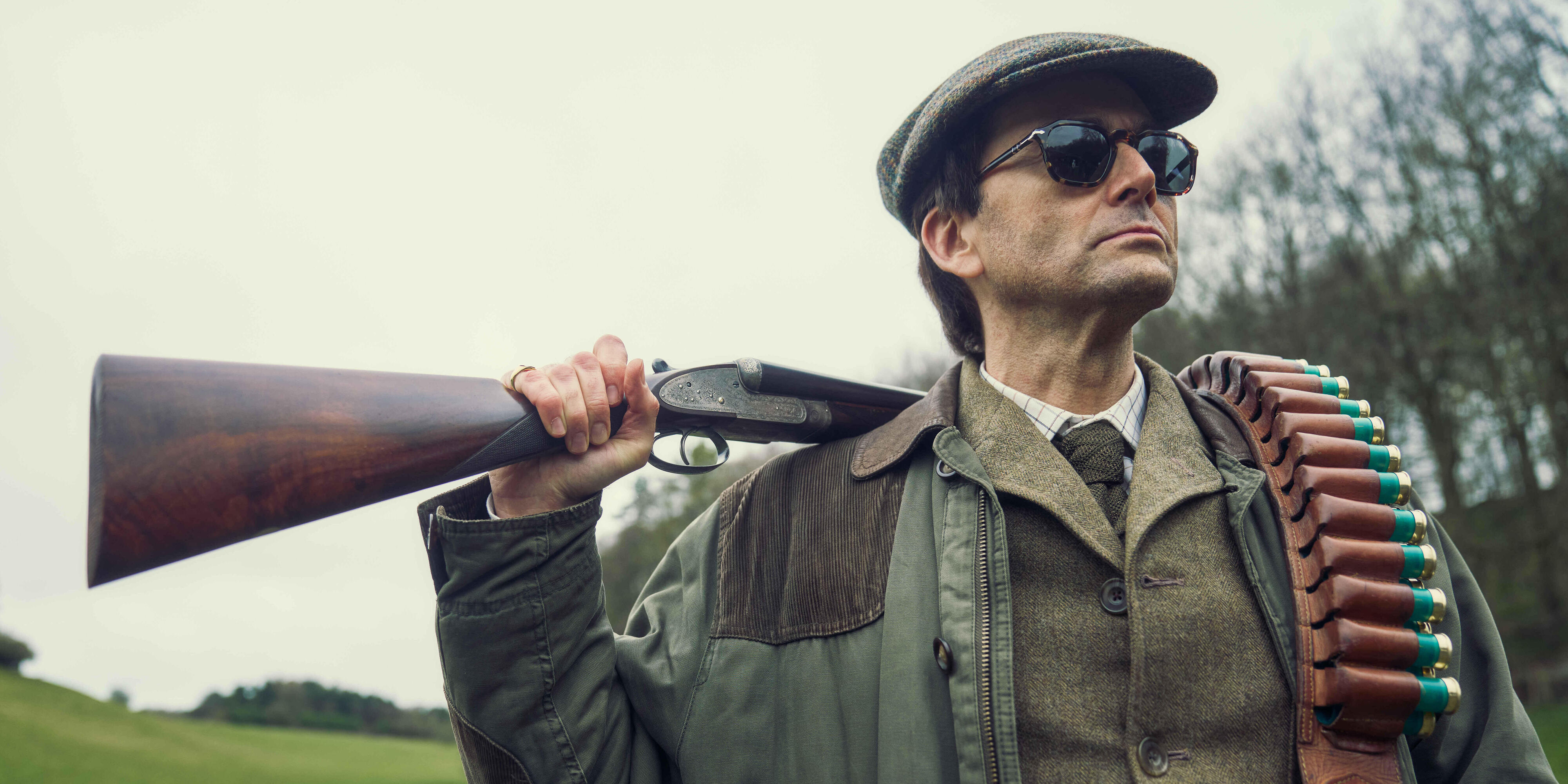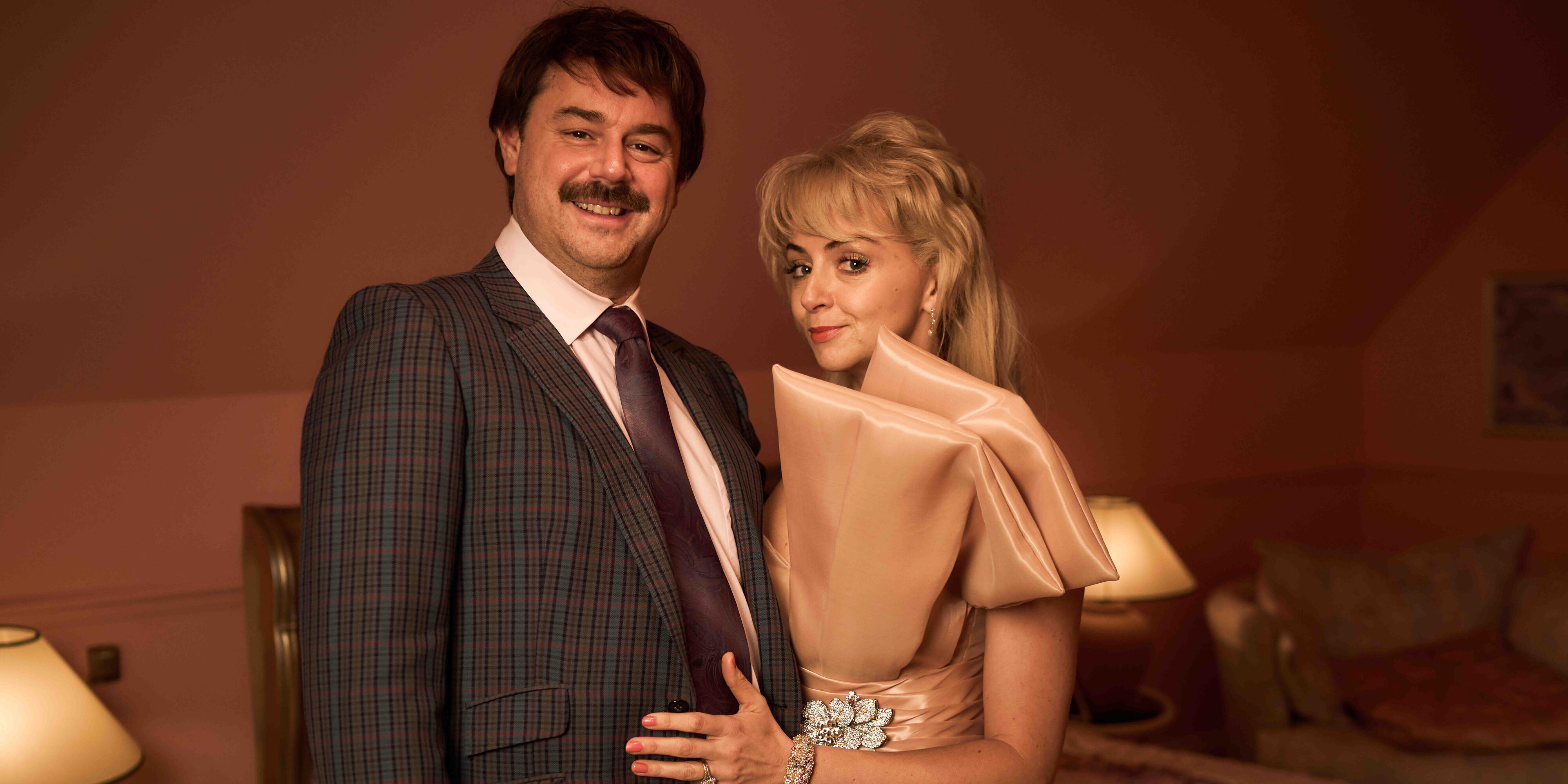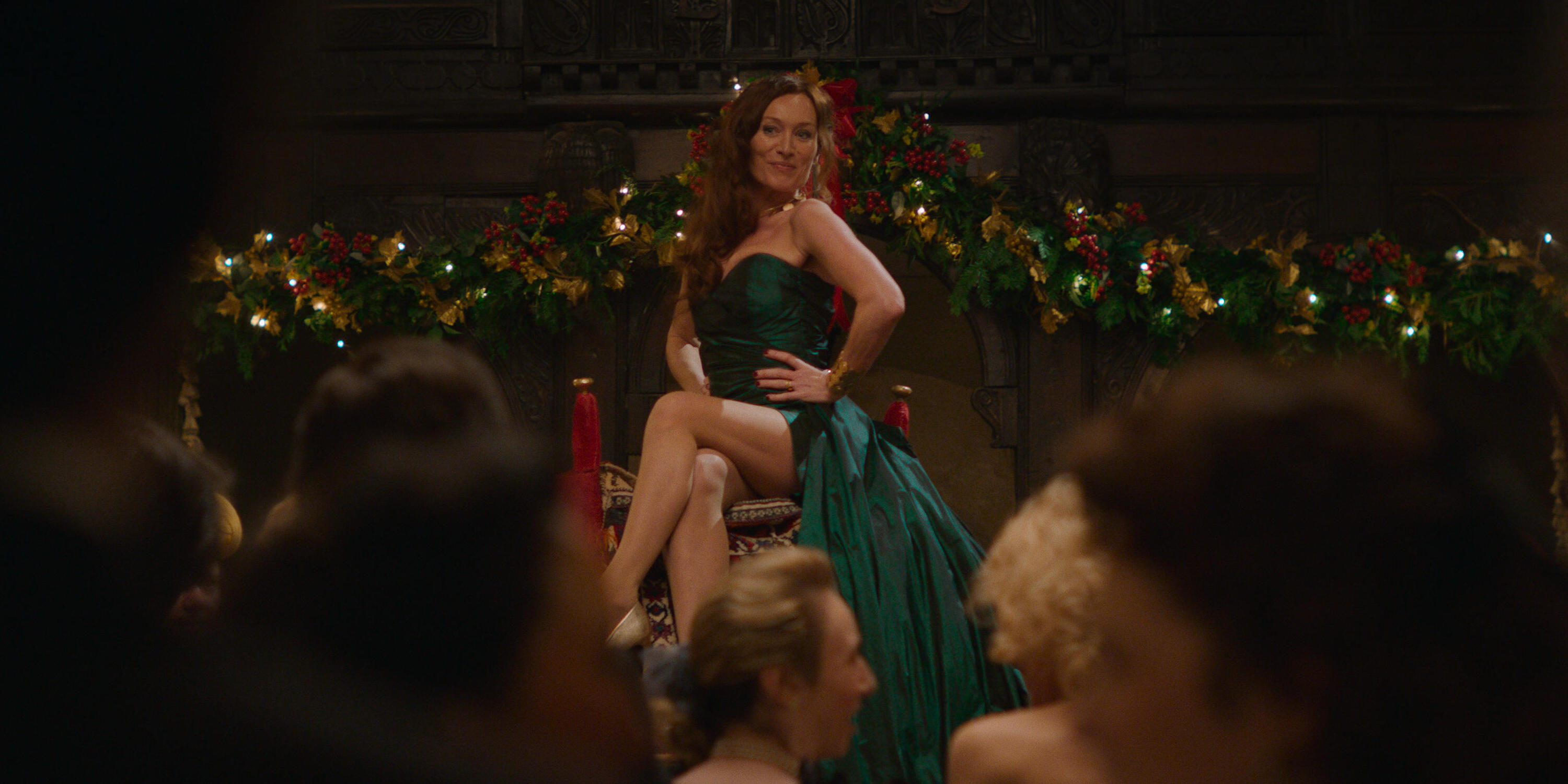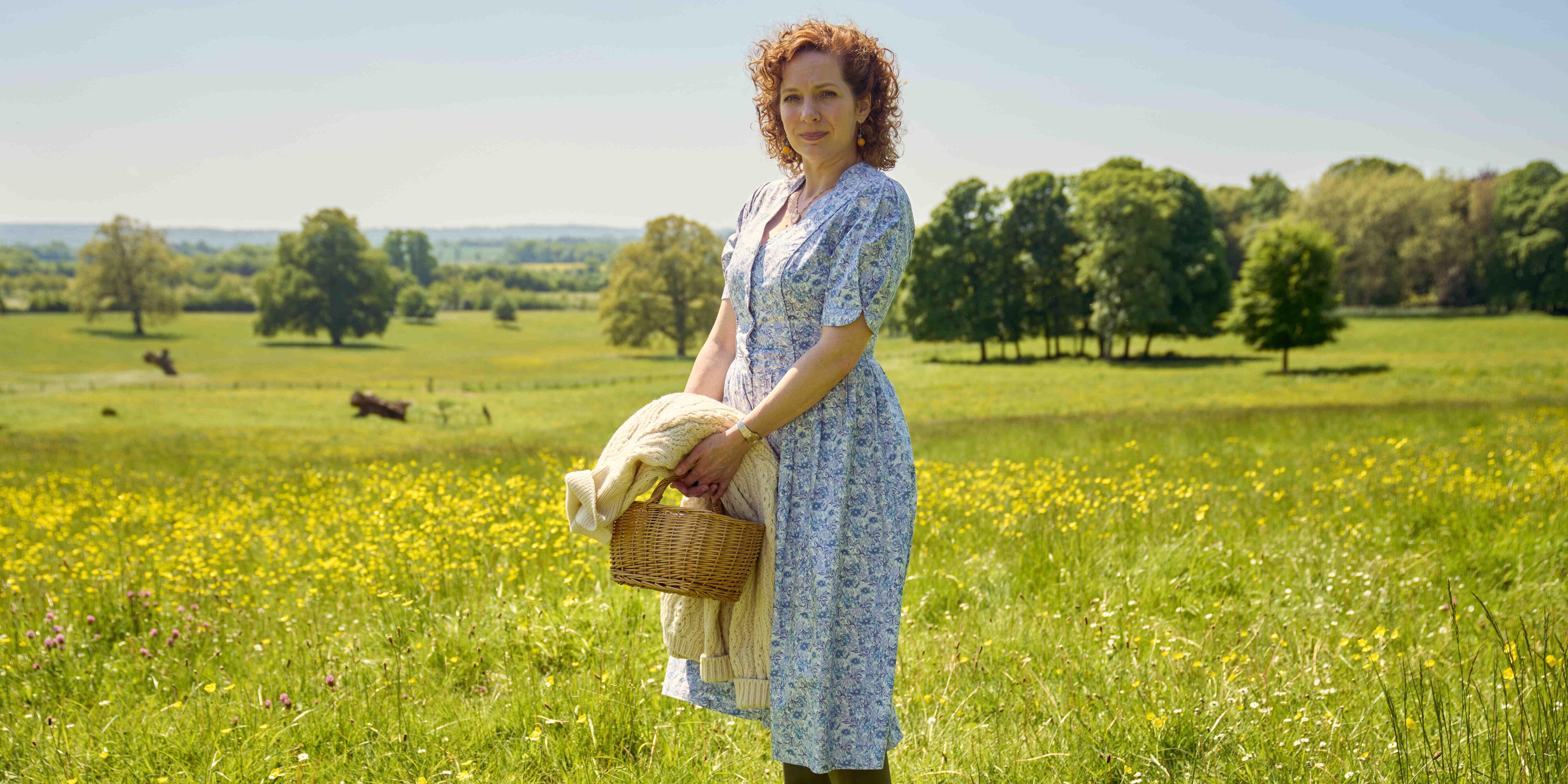Hulu’s ‘Rivals’ transports viewers to the hedonistic high society of Rutshire, Cotswolds, in the 1980s when decadence and debauchery ran high. Brought to the screen by showrunners Dominic Treadwell-Collins and Laura Wade, the show revolves around a number of characters who find their lives entangled in each other, be it through personal, professional, or sexual relationships. At the center of this narrative are Tony Baddingham, a Corinium Television Network executive, and Rupert Campbell-Black, an influential Tory politician. The two men—neighbors in the same neighborhood—sport a conflict for the ages that bleeds into the cutthroat industry of television production.
Consequently, as this rivalry unfolds, so do several other scandals befitting Rutshire’s glamor. The period drama show charts a rakishly transfixing narrative about London’s elite society in the 1980s, where desire and discord set the tone for any and all dalliances. As the story dives headfirst into its period setting, the viewers are bound to lose themselves to the scenic luxuries that backlight Rupert and Tony’s feud. Consequently, one can’t help but grow intrigued by the possible origins of ‘Rivals’ in reality.
Rivals: Origins in Jilly Cooper’s Rutshire Chronicles
Although ‘Rivals’ doesn’t sport a basis in reality, its origin still remains riveting as it presents an on-screen adaptation of beloved English romance novelist Dame Jilly Cooper’s eponymous novel. The 1988 book is the celebrated second installment to the literary series of ‘Rutshire Chronicles.’ The stories—contemporary romance novels of their time—were fictional tales revolving around British upper-class society. In the books, different stories unfold, usually with sex and scandal at their center. Although Cooper’s works are often known for their raunchier themes, they’re also widely recognized for their nuanced understanding of love, life, and marriage—all through the lens of English society in the 80s.

As a result, even though Cooper’s work prioritizes entertainment through titillating drama above all, they also provide a unique window into the culture of a bygone era. For the same reason, Dominic Treadwell-Collin, the show’s executive producer who reportedly considers Cooper to be the Jane Austen of her time, has been vying to adapt her work to the screen for decades. Nonetheless, when he initially pitched the idea in the 2000s, he was only met with ridicule—partly because of people’s tendency to write off Cooper’s novels as frilly and flirty fluff pieces. Although there is much frill and fluff to be found in the author’s work, the same only adds to the value of her stories, which also remain a treasure trove for cultural exploration.

Naturally, once Treadwell-Collin and his collaborators finally started working on a TV adaptation of Cooper’s ‘Rivals,’ they knew they wanted to remain authentic to the source material. Thus, Cooper served as an executive producer on the project and often jumped in with suggestions about some detail or the other. The show further keeps the book’s spirit alive through a total dedication to entertaining hedonism, keeping each storyline ripe with enthralling drama. As such, even though the on-screen production departs from the novel every so often, it remains a faithful adaptation at its core.
Rivals Loosely Touches Upon the Socio-Political Climate of the 80s
Despite the instrumental relevance of the cultural landscape of the 80s in ‘Rivals,’ the show sports a unique relationship with the period setting. Much like the book that inspires its narrative, the show also remains infinitely more interested in unraveling the drama-driven storylines surrounding its characters than examining the socio-politics of its setting. Still, the show never shies away or tiptoes around the social issues surrounding its characters. Therefore, the narrative touches upon themes of sexism, racism, homophobia, and class disparity—social issues that ran rampant in 1980s London—without making these issues the center of its attention.

This approach remains reminiscent of Cooper’s original work. In some ways, it helps the characters feel more at home in their surroundings, as they’re used to the social disparities of the time without giving in to them. Consequently, since the show allows itself the liberty to keep most of its focus on the more dramatically fascinating and salaciously lively matters, it offers the perfect escapist fantasy for the viewers. Ultimately, Cooper’s novel informs the show’s connections to reality—which isn’t sparse, considering the author equipped a real-life inspiration or two for Rupert Campbell-Black’s largely fictionalized character. Even so, the show, at its core, remains a fictitious drama.
Read More: Best Period Dramas on HBO Max


You must be logged in to post a comment.